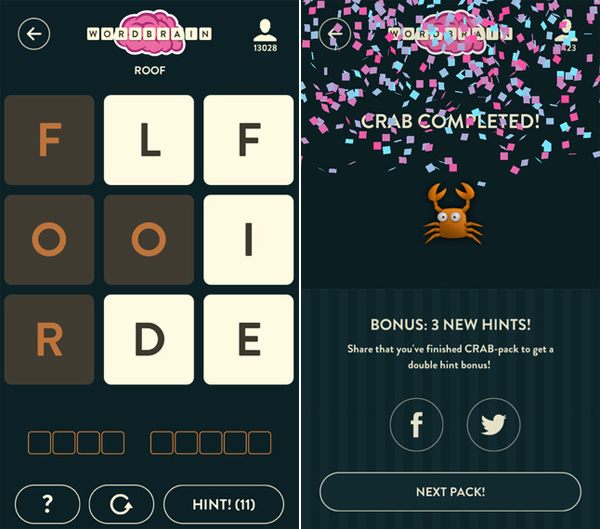Exploring WordBrain: An In-Depth Review
Introduction
WordBrain is a popular word puzzle game designed to challenge and engage players of all ages. Available on various mobile platforms, the game offers a simple premise: players must swipe to connect letters and form words on a grid. As players progress, the puzzles increase in difficulty, requiring more strategic thinking and vocabulary skills. In this article, we will delve into the pros and cons of WordBrain, offering a comprehensive review for potential players.
Pros of WordBrain
- Educational Value: WordBrain excels in providing a brain-stimulating experience that enhances vocabulary and spelling skills. It’s particularly beneficial for language learners and children, as it encourages problem-solving and cognitive development.
- Increasing Difficulty Levels: The game starts with relatively easy puzzles, which gradually become more challenging. This scaling difficulty keeps the game engaging over time, as players are continually challenged to think more critically and expand their vocabulary.
- User-Friendly Interface: WordBrain boasts a clean and intuitive interface that is easy to navigate. The simplicity of the design makes it accessible for users of all ages, contributing to its broad appeal.
- Daily Puzzles and Challenges: To keep the game dynamic and exciting, WordBrain offers daily puzzles that provide additional challenges and the opportunity to earn rewards. This feature helps maintain user interest and engagement over longer periods.
Cons of WordBrain
- Repetitiveness: One of the major drawbacks of WordBrain is its repetitive nature. Although the difficulty increases, the gameplay mechanics do not change, which can lead to boredom for some players after extended play.
- In-App Purchases: While WordBrain can be played for free, it includes in-app purchases for hints and other features. This aspect can be frustrating, especially when players get stuck on harder levels. It may feel like progress is gated behind a paywall.
- Limited Social Features: Unlike some other puzzle games, WordBrain lacks robust social features. There are no options to compete directly with friends or share achievements on social media, which could detract from its appeal to players who enjoy a more connected gaming experience.
- Advertisements: The free version of WordBrain contains advertisements, which can be intrusive and disrupt the flow of the game. Although they can be removed with a purchase, this is an additional expense for the player.
Conclusion
WordBrain offers a solid word puzzle experience with clear educational benefits and a user-friendly interface. Its scaling difficulty levels ensure that it remains challenging and engaging. However, the game’s repetitiveness, reliance on in-app purchases, lack of social features, and intrusive advertisements might diminish its appeal for some players. Overall, WordBrain is an excellent choice for those seeking a brain-teasing, vocabulary-enhancing puzzle game, provided they are aware of its potential downsides.














